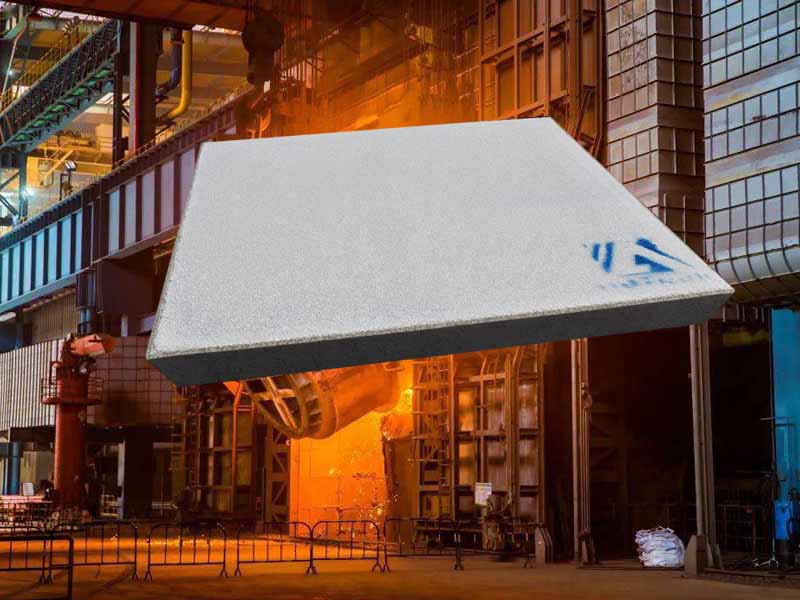
13 12月 Molten Aluminum Filter PG Foils
Molten Aluminum Filter PG Foils can effectively remove all kinds of micro-scale inclusions in water. Make the molten aluminum into a stable laminar flow.
Ceramic foam filters are basically divided into 6 pore sizes: 10PPI, 15PPI, 20PPI, 25PPI, 30PPI, and 40PPI. The larger the number, the smaller the aperture. But in actual practice, the four types of 10PPI 20PPI 30PP 40PPI can meet the needs of customers.
Aperture selection
1. The casting: 10~25ppi
2. Semi-continuous casting: 30~60ppi
3. High-quality aluminum or sheet: 50~60ppi
4. Continuous casting and rolling: 50~60p

With the advancement of preparation technology, ceramics have more new forms, such as porous structures. Porous ceramics have a large number of interconnected pores.
Therefore, porous ceramics have the characteristics of low bulk density, large specific surface area, and low thermal conductivity.
The high specific surface area of porous ceramics makes it have good adsorption capacity and activity.
This can increase the effective contact area and improve the catalytic effect. At the same time, it has the characteristics of thermal shock resistance and corrosion resistance.
Advantages of Molten Aluminum Filter PG Foils
The foam ceramic filter plate for aluminum liquid purification brings great benefits to the peeling foil and its products, such as blanks, car decoration materials, PS printing plates, etc. For aluminum alloy profile manufacturers, the advantages are obvious:
1. Improve the extrusion productivity: when the ceramic filter is used to purify the alloy extrusion billet, the extrusion speed is increased by about 20%, and the productivity is increased by about 15%.
2. Extend mold life and reduce maintenance times.
3. Low squeezing force: the squeezing force is less than 3% less than the unfiltered one.
4. The surface quality of aluminum profiles is greatly improved.
Ceramic foam filter application
Nowadays, with the improvement of the quality requirements of aluminum products, the application of porous ceramic filters has also been promoted. The porosity of the porous ceramic filter is between 80-90%, which can effectively remove micron-level inclusions. In addition, the ceramic filter plate can also remove harmful elements (Na, K) in the aluminum liquid through adsorption. When filtering aluminum alloy, the filter plate thermally expands instantaneously to ensure that it does not crack when heated.


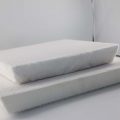
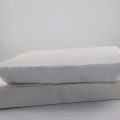

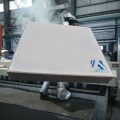
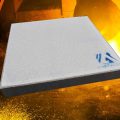
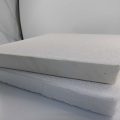
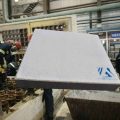
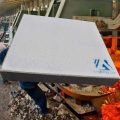

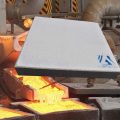
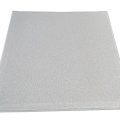
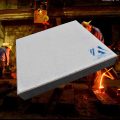
No Comments